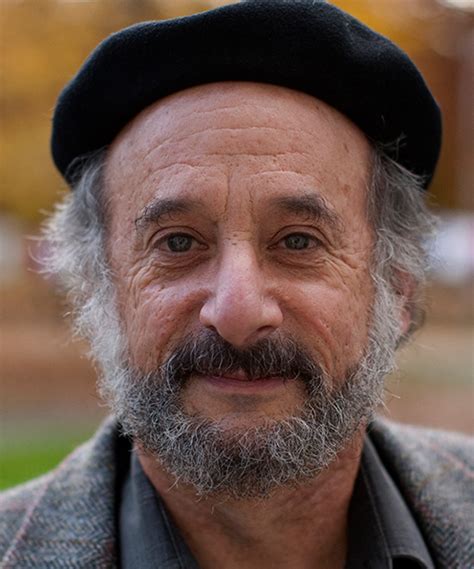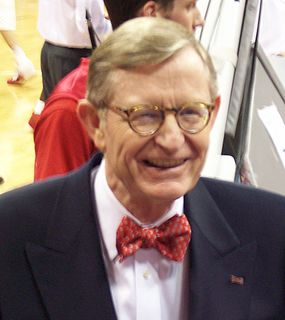A Quote by Hannes Alfven
Scientists tend to resist interdisciplinary inquiries into their own territory. In many instances, such parochialism is founded on the fear that intrusion from other disciplines would compete unfairly for limited financial resources and thus diminish their own opportunity for research.
Related Quotes
I assume the same problem exists in Australia as in America of back-biting and jealousy and parochialism among disciplines - there are the scientists, and there are the humanities people, and there are chemists and the physicists and everybody snipes at everybody else and inter-disciplinary communication is rare. But it's very precious and necessary.
If you take the burden of health care, of diseases off the backs of some other countries, it gives them a chance to use their own very limited resources in ways that help their people. And also there's a hopelessness associated with deadly diseases, that if that can be alleviated, people can build their own economies in their own countries and they'll be less reliant on the developed world for help.
To enable consensus politics to develop we need to empower people where they live. This means devolving financial resources and political power down to the community level. One of the greatest blocks to movement is fear. This fear can only be removed when people feel their voices are being heard by government and when they have a say in their own lives and communities.
If China stood on an equal basis with other nations, she could compete freely with them in the economic field and be able to hold her own without failure. But as soon as foreign nations use political power as a shield for their economic designs, then China is at a loss how to resist or to compete successfully with them.
Historians of a generation ago were often shocked by the violence with which scientists rejected the history of their own subject as irrelevant; they could not understand how the members of any academic profession could fail to be intrigued by the study of their own cultural heritage. What these historians did not grasp was that scientists will welcome the history of science only when it has been demonstrated that this discipline can add to our understanding of science itself and thus help to produce, in some sense, better scientists.





































